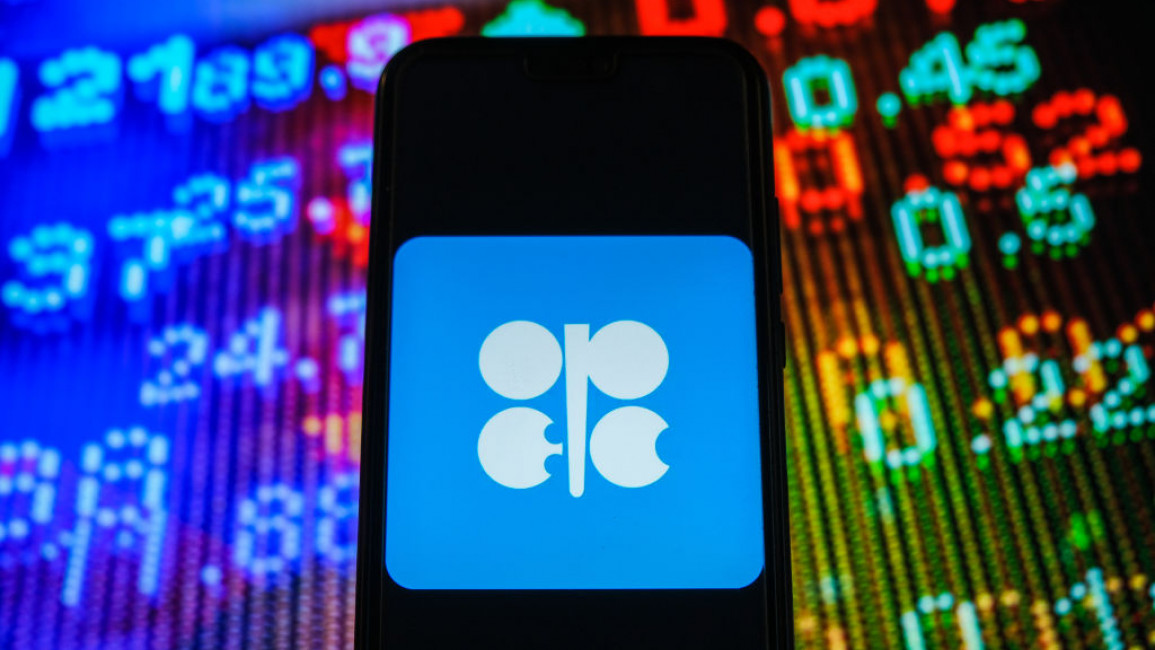OPEC+ agrees on another oil output hike despite global surge of Omicron
OPEC and its allies are expected on Tuesday to maintain their practice of modestly boosting oil output as the rapidly spreading Omicron variant has so far not heavily hit demand.
The OPEC+ grouping, including top producers Saudi Arabia and Russia, has resisted US pressure for a wider opening of the taps in response to high energy prices fuelling a surge in inflation across the world.
The 13 members of the Organization of the Petroleum Exporting Countries (OPEC) and their 10 allies drastically slashed output in 2020 as the pandemic wreaked havoc with demand.
Last year they decided to step it up again gradually as prices recovered, while reviewing the situation every month.
Ministers began technical discussions in a video conference ahead of a full meeting.
"No surprises are expected, OPEC+ is likely to ratify another 400,000 bpd (barrels per day) increase in production targets for February," said analyst Bjornar Tonhaugen of Rystad Energy.
That would continue the trend of increases the group has made in recent months.
The club's members approved another hike at their December meeting despite the emergence of Omicron, which caused prices to fall as markets fretted over its potential impact on the global economy.
The decision to go ahead with the boost in output earned the thanks of the White House, nervous of the effect of rising prices at American petrol stations, but it did not prevent crude prices from recovering considerably from their previous slump.
The price of Brent, Europe's benchmark oil contract, hit $79.76 at 1325 GMT on Tuesday - 15 percent higher than before the group's December 2 meeting.
OPEC analysts told the group on Monday that Omicron would have a moderate impact on demand and the rise in price is expected to continue in 2022.
While the new Covid variant is spreading like wildfire around the world, it appears to be far less severe than initially feared, raising hopes that the pandemic could be overcome and life return to a little more normality.
In remarks on Monday, OPEC Secretary-General Mohammed Barkindo emphasised the need to "remain highly nimble and adaptable to the constantly changing situation".
He said the group's "flexible approach helped provide an added sense of stability, reassurance and continuity to the market and investors".
OPEC on Monday named Kuwaiti oil executive Haitham al-Ghais to succeed Barkindo on August 1.
Al-Ghais, who was Kuwait's OPEC governor from 2017 to June 2021, is a deputy managing director of the Kuwait Petroleum Corporation (KPC).


